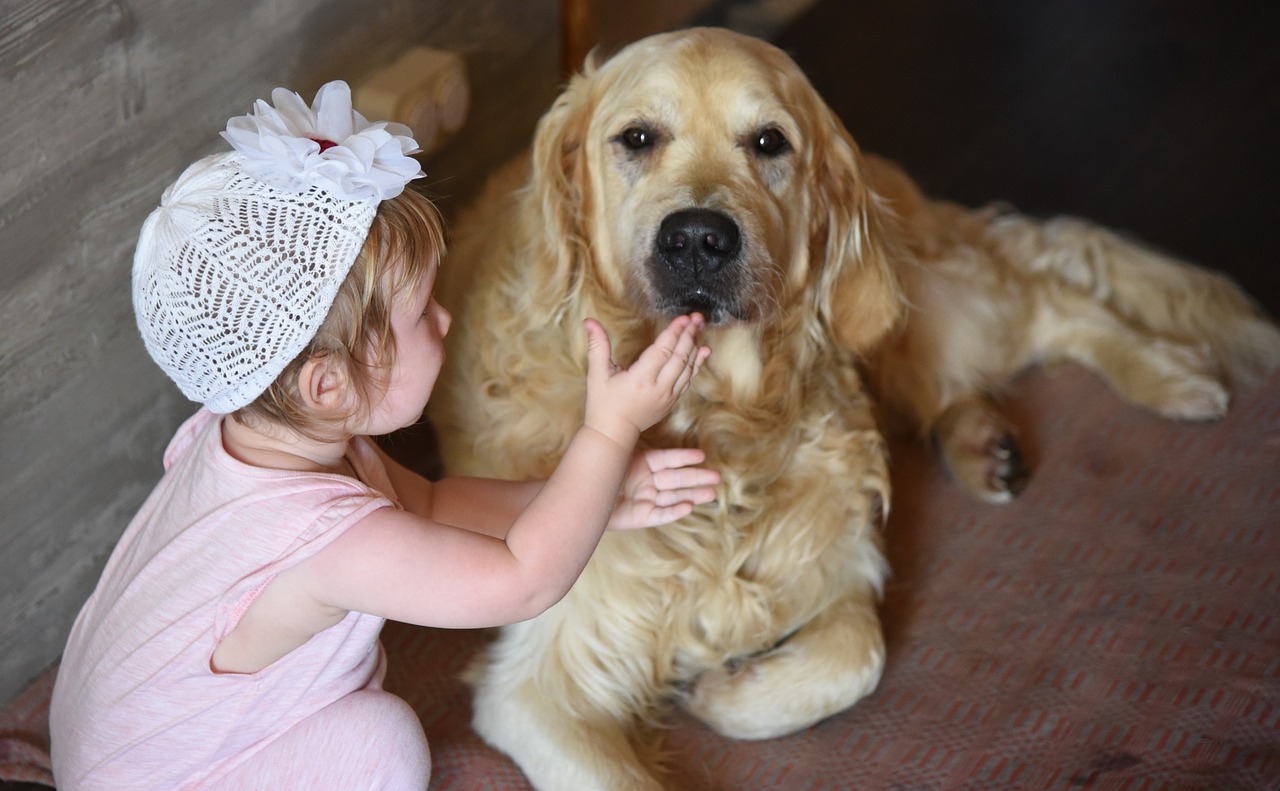Dogs are not just pets; they are members of our families, each with distinct personalities and emotional capacities. Among the vast variety of dog breeds, some are notably more sensitive than others. Sensitivity in dogs is characterized by their ability to form strong emotional bonds with humans, react more intensely to emotional stimuli, and require more attentive care and understanding from their owners. These breeds often exhibit heightened responses to changes in their environment, tone of voice, and the emotional state of their caretakers. This article delves into the 15 most sensitive dog breeds on the planet, exploring the unique aspects of each that make them particularly empathetic and responsive companions. These dogs, with their deep emotional capabilities, require specific nurturing to thrive, making them a significant commitment for any dog lover who wishes to bring them into their home.
1. Border Collie
Border Collies are renowned not only for their intelligence but also for their exceptional emotional depth. As one of the most sensitive dog breeds, Border Collies possess an acute ability to detect subtle changes in their owner’s mood and environment. This breed’s sensitivity is closely tied to their herding heritage, where they needed to react swiftly and sensitively to both the animals they were herding and the commands of their handlers. This makes them extraordinarily attuned to human emotions, often responding to feelings of sadness or happiness in their family. Their need for mental stimulation and emotional interaction is high, and they thrive in environments where they can form deep, lasting bonds with their caregivers. However, this sensitivity means they can easily become stressed if not properly managed, making a stable, consistent, and engaging environment crucial for their well-being.
2. Labrador Retriever
Labrador Retrievers are often seen as friendly and outgoing, but they are also incredibly sensitive to the emotional climate around them. This breed is deeply empathetic, often seeking to comfort their owners in times of distress or sadness. Labs are keenly attuned to human behavior and can become visibly upset when there is tension or unhappiness in the home. Their sensitivity makes them excellent therapy dogs, as they are naturally inclined to offer support and comfort to those in need. They thrive on positive reinforcement and can become withdrawn or even depressed if exposed to harsh treatment or neglect. Proper socialization and affectionate communication are key to nurturing a healthy Lab, emphasizing their need for emotional as well as physical engagement.
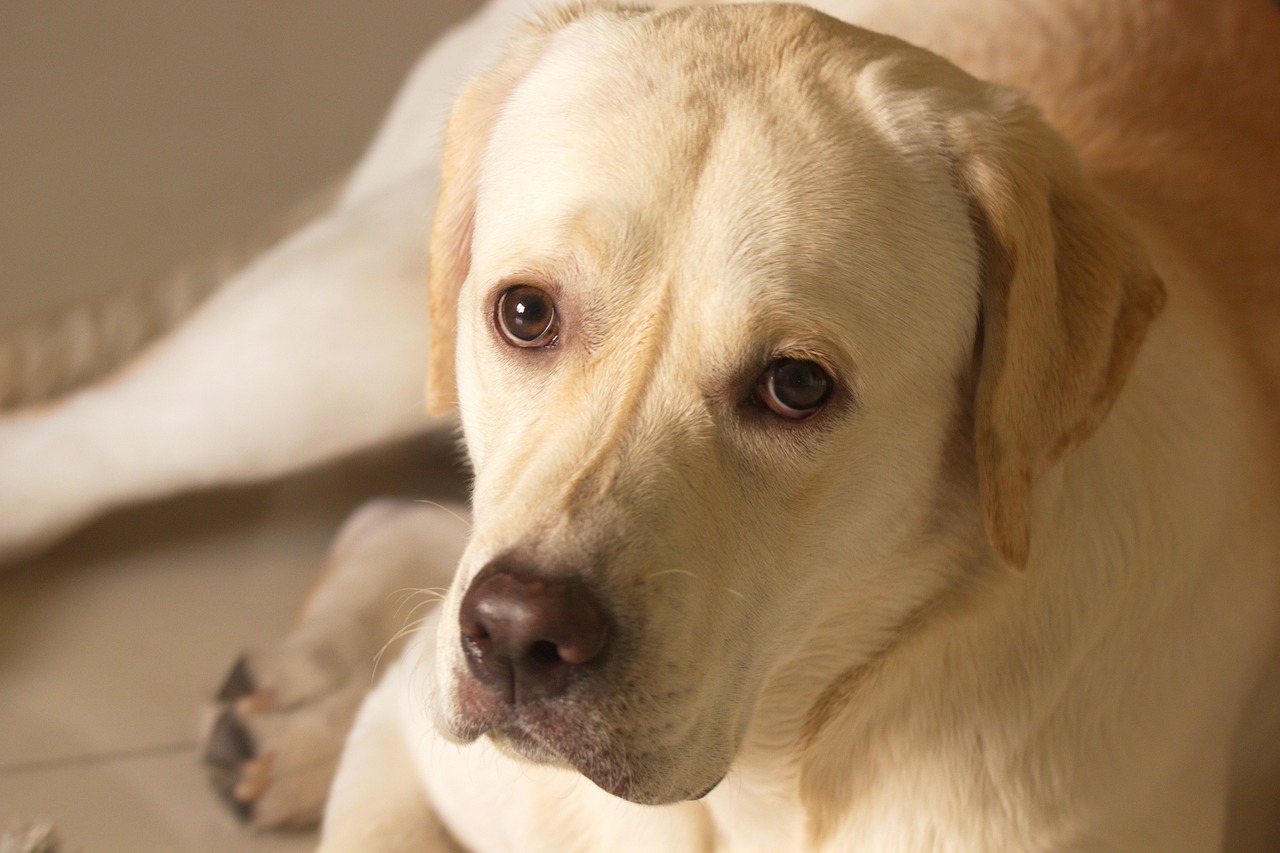
3. Golden Retriever
Golden Retrievers are not just friendly; they are incredibly sensitive to the emotions of their human companions. This breed has a natural propensity to empathize with human feelings, making them sensitive to any form of emotional distress or happiness. Their sensitivity is manifested in their gentle demeanor and an almost intuitive ability to provide companionship and comfort when needed. Golden Retrievers excel in roles that involve emotional support, such as therapy and assistance work. This emotional attunement demands that they live in a loving, supportive environment as they can become melancholic if faced with continuous conflict or neglect. Owners of Golden Retrievers should be mindful of their emotional needs, ensuring they provide a nurturing and stable home.
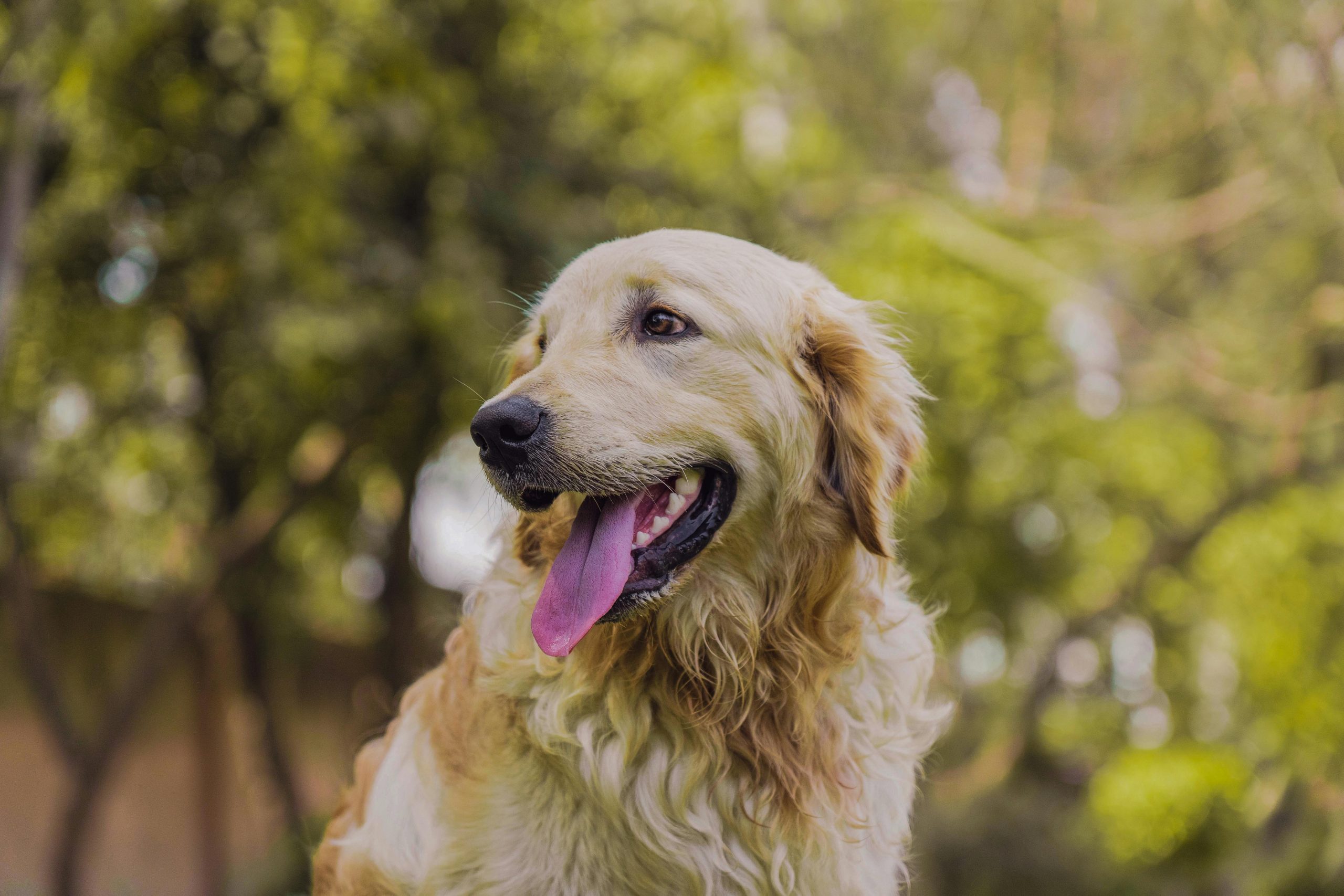
4. German Shepherd
German Shepherds are often associated with toughness and reliability, but these traits are matched by their deep emotional sensitivity. Known for their loyalty, this breed develops strong emotional bonds with their owners and can become particularly attuned to their owner’s feelings and emotions. Their sensitivity is an asset in various roles, from service dogs to family pets, as they can sense distress or danger, reacting accordingly to protect and comfort their loved ones. However, their sensitivity also means that German Shepherds require a consistent and understanding approach to training and daily interactions. They respond poorly to harsh discipline and need positive reinforcement to thrive both mentally and emotionally.
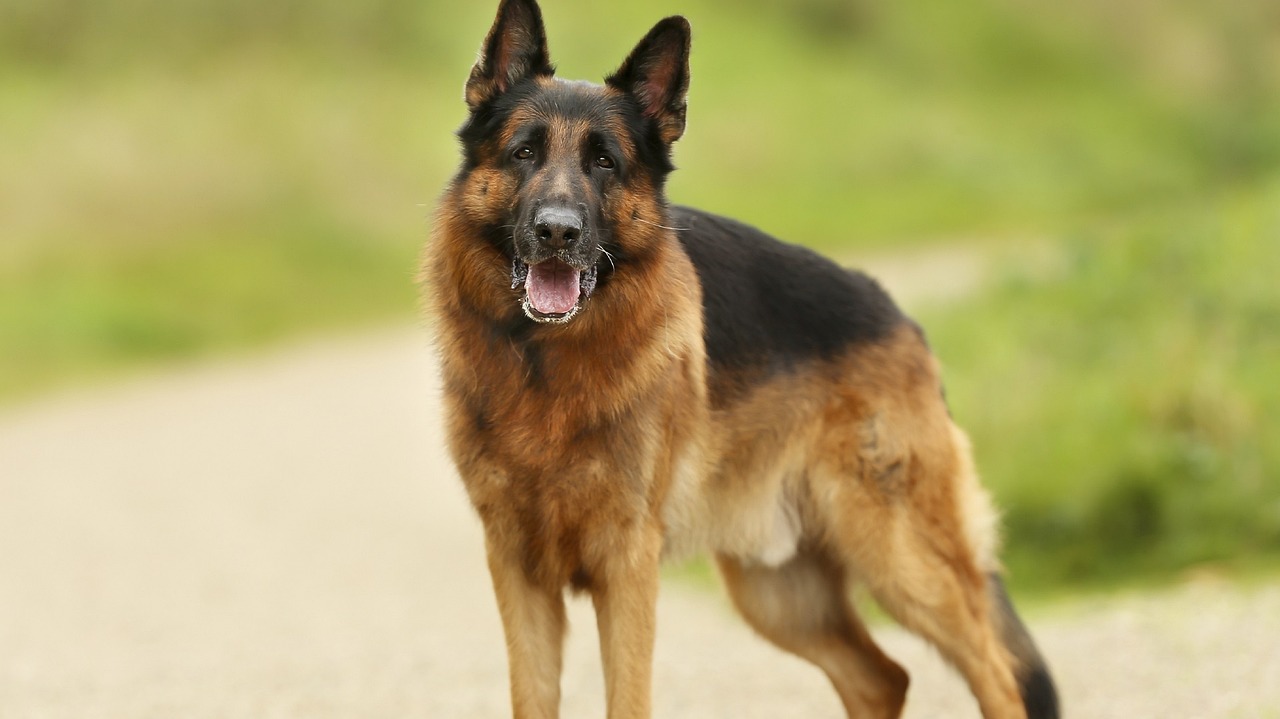
5. Cavalier King Charles Spaniel
The Cavalier King Charles Spaniel is a true companion dog, with a sensitivity that makes them closely attuned to their owner’s emotions. This breed often mirrors the mood of their household, displaying happiness when their environment is joyful and becoming quiet and withdrawn when there is stress or sadness. Their small size and expressive eyes often belie a deep emotional complexity. Cavaliers are particularly sensitive to separation and can suffer from anxiety if left alone for too long. They thrive on human companionship and require a lot of affection and gentle handling to feel secure. This breed’s need for emotional closeness makes them perfect lap dogs, but also means they need a very attentive and loving owner.

6. Standard Poodle
Standard Poodles are much more than their stylish appearance suggests; they are also one of the most sensitive breeds, with a sharp intellect that complements their emotional depth. Poodles are keenly responsive to their owner’s emotions and can become very attached to their family members. Their sensitivity is evident in their need for regular interaction and mental stimulation, as boredom can lead to sadness or destructive behavior. Poodles are excellent at reading body language and tone of voice, making them responsive and attentive pets. They require consistent, positive training methods and do well in environments where they can engage regularly with people and other dogs.
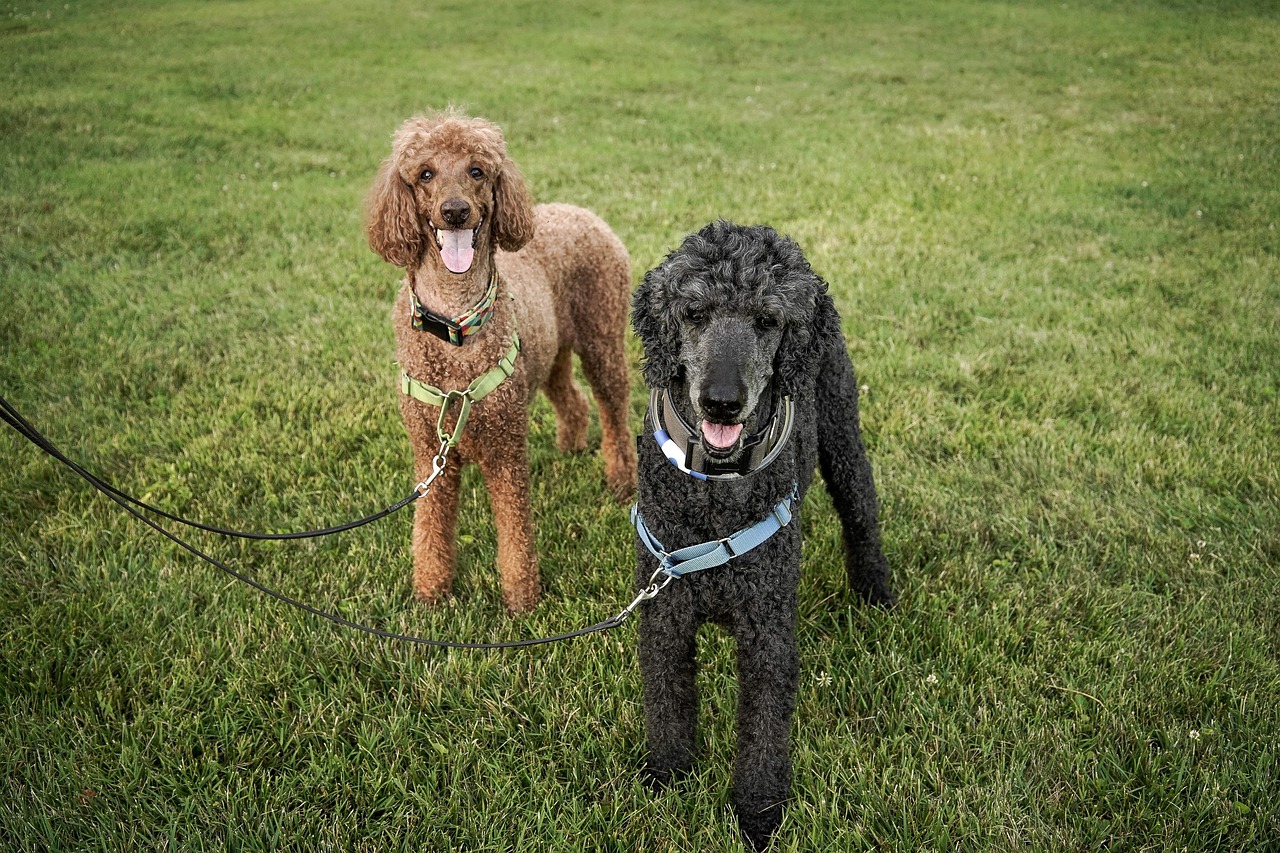
7. Australian Shepherd
Australian Shepherds are not only energetic and intelligent but also highly sensitive to the emotions and moods of their owners. This breed’s sensitivity stems from their herding background, which requires attentiveness to both the emotional and physical cues of the herd and the herder. Aussies are particularly in tune with their families and can become distressed by negative emotions or conflict. They need a lot of mental and physical stimulation to remain balanced, as well as consistent, positive interactions with their owners. Their emotional depth makes them excellent partners in activities that involve teamwork and communication, such as agility or obedience training.
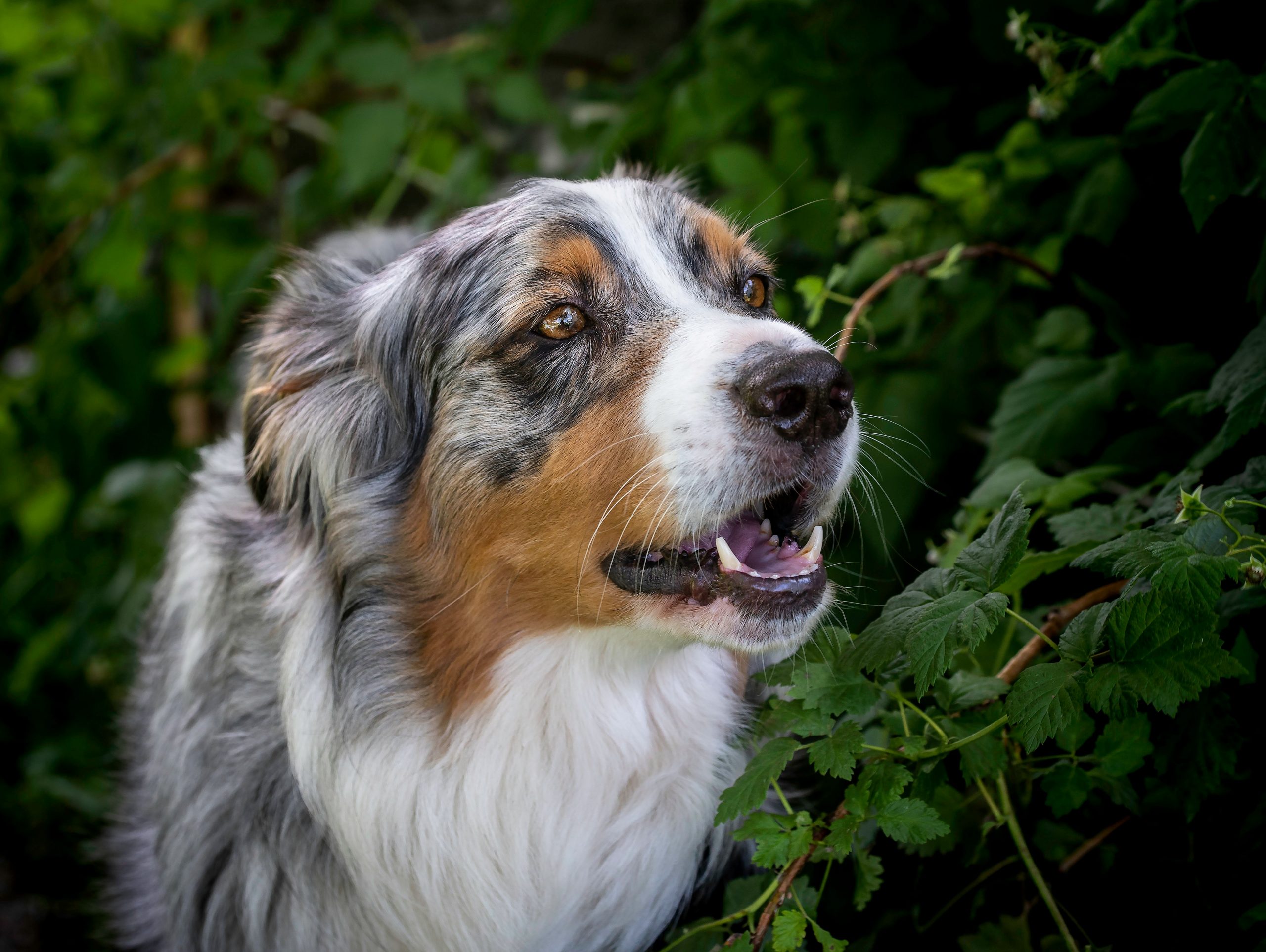
8. Shetland Sheepdog
Shetland Sheepdogs, or Shelties, are small in size but large in sensitivity. They are extremely attentive to the environment and to their owner’s emotions, often acting as barometers for stress or discord in the home. Shelties are gentle and responsive, making them excellent family pets, particularly in homes where they can become integral members of the family. They respond best to positive reinforcement and can become anxious or shy if treated harshly. Their natural tendency to be reserved with strangers and vigilant about their surroundings can sometimes be mistaken for nervousness, but it is actually a reflection of their deep sensitivity to their environment.
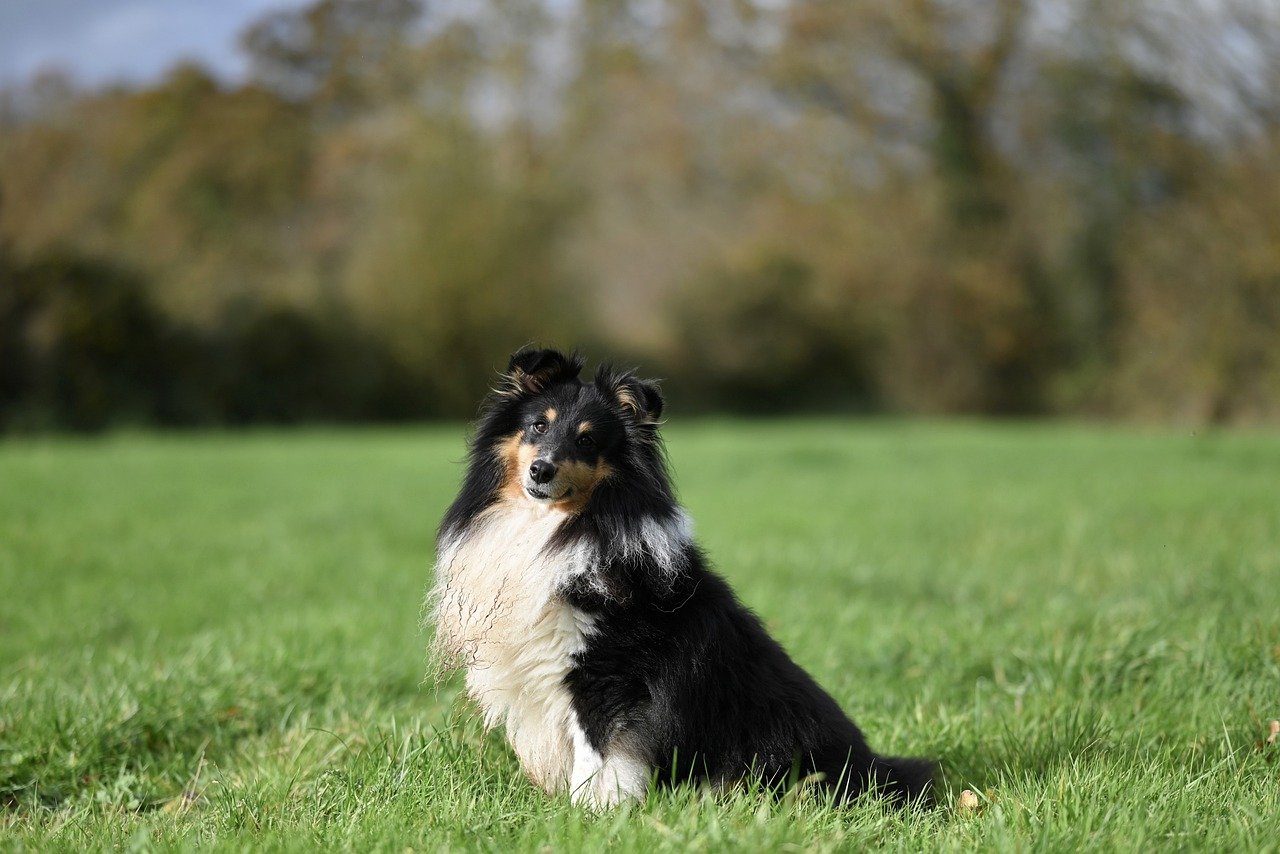
9. Bichon Frise
Bichon Frises are cheerful and affectionate dogs with a sensitivity that makes them excellent companions for those who can give them lots of love and attention. Their sensitivity is apparent in their need for companionship and their response to their owner’s emotions. Bichons thrive on interaction and can become depressed if left alone for extended periods. They are particularly sensitive to tone of voice and will respond best to gentle, positive communication. This breed’s fluffy appearance and friendly nature make them beloved by many, but they require owners who understand their emotional needs and are willing to invest time into building a strong, nurturing relationship.
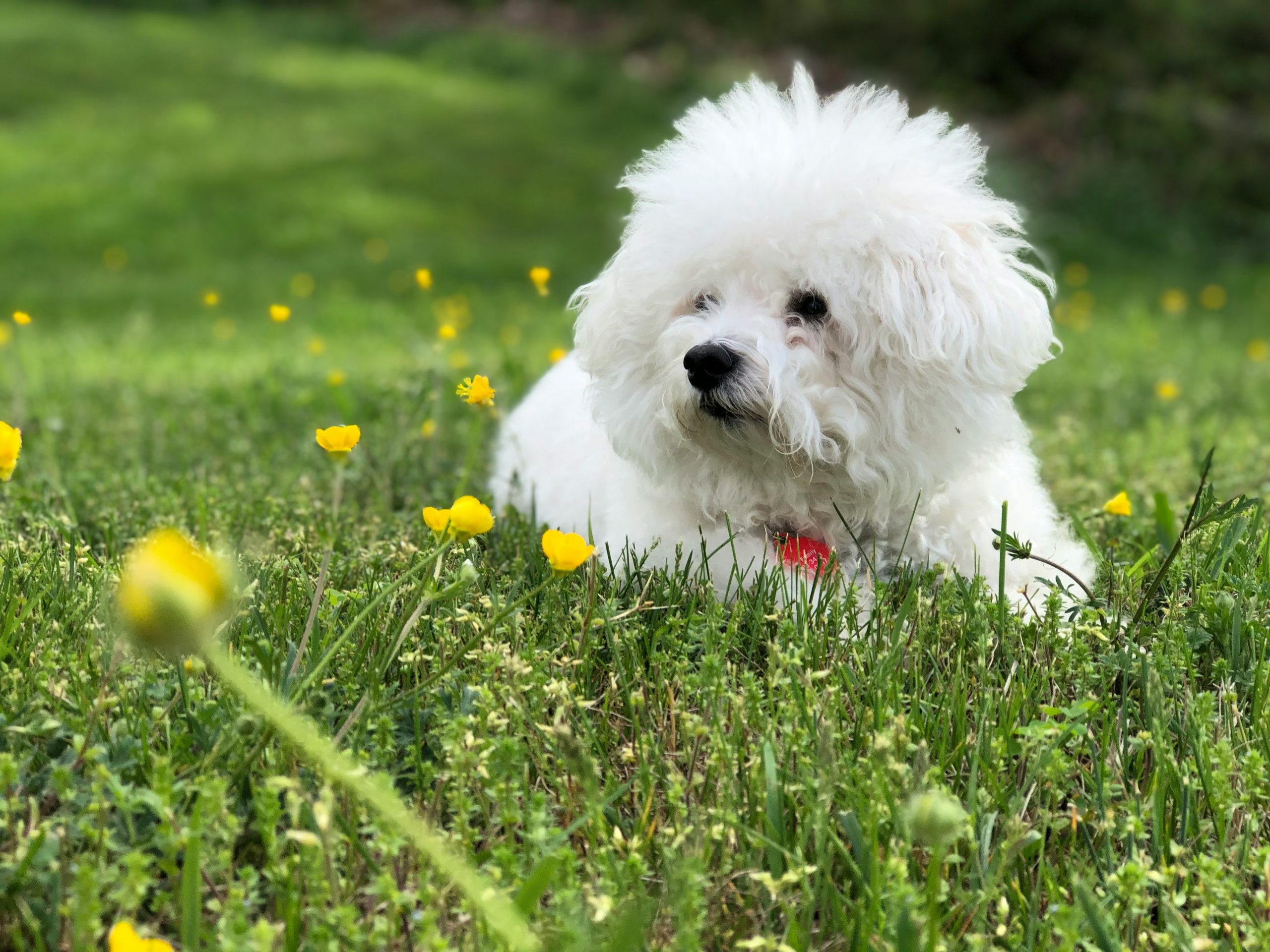
10. Chihuahua
Chihuahuas may be one of the smallest dog breeds, but their emotional capacity is vast. Known for their loyalty and affection, they are extremely sensitive to the moods and emotions of their owners. Chihuahuas often bond closely with one person and can be protective, which is a manifestation of their sensitivity and desire to connect. They need a lot of attention and do not like being left alone, which can lead to anxiety and stress. Chihuahuas thrive in environments where they can receive constant companionship and affection, highlighting the importance of considering emotional as well as physical needs when caring for them.
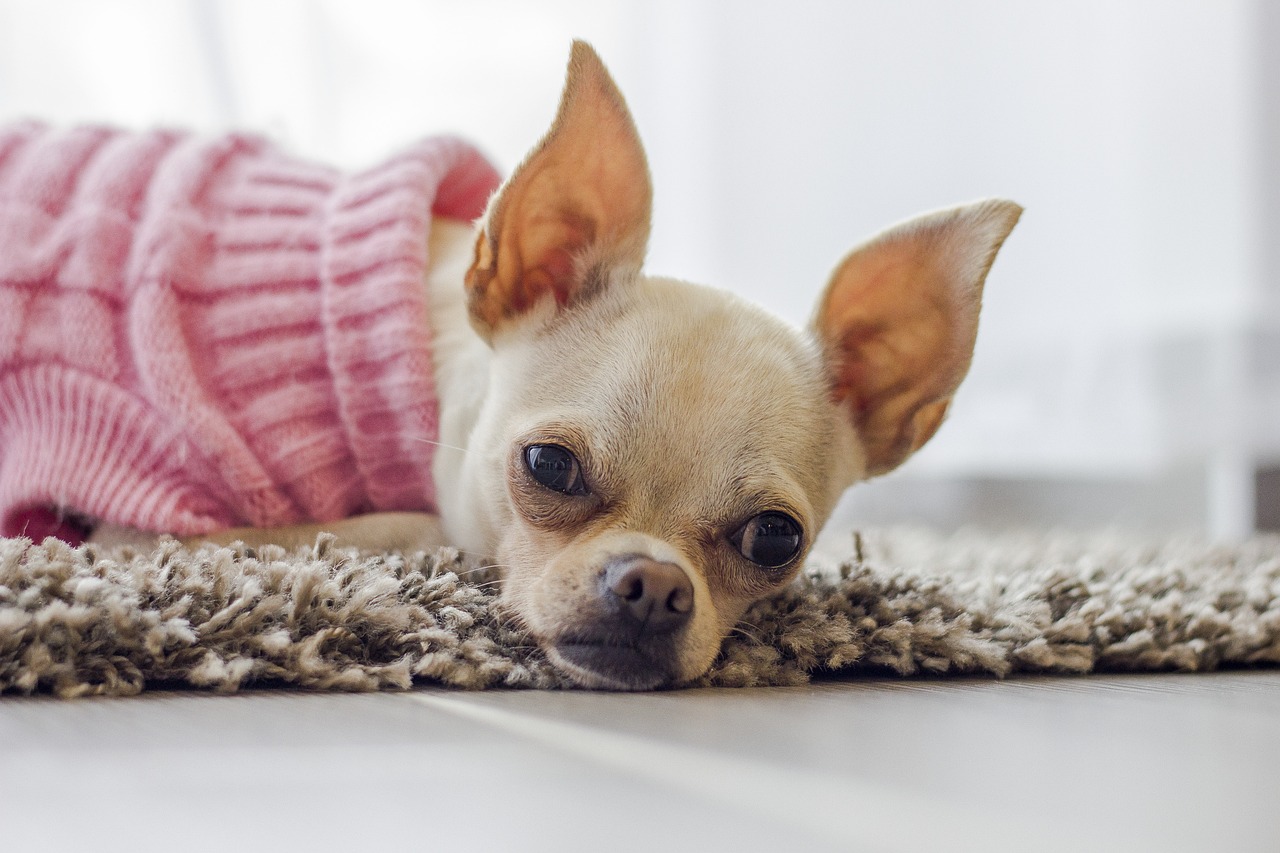
11. Irish Setter
Irish Setters are not only stunningly beautiful with their rich mahogany coats, they are also profoundly sensitive dogs. This breed is known for its friendly, outgoing nature, but beneath their lighthearted demeanor is a deep sensitivity to their surroundings and the emotions of their owners. Irish Setters form strong bonds with their families and can become distressed if they feel neglected or isolated. They require regular interaction and activity to keep them mentally and emotionally satisfied. The Irish Setter’s sensitivity makes them excellent companions for active individuals or families who can provide them with plenty of attention and engagement.
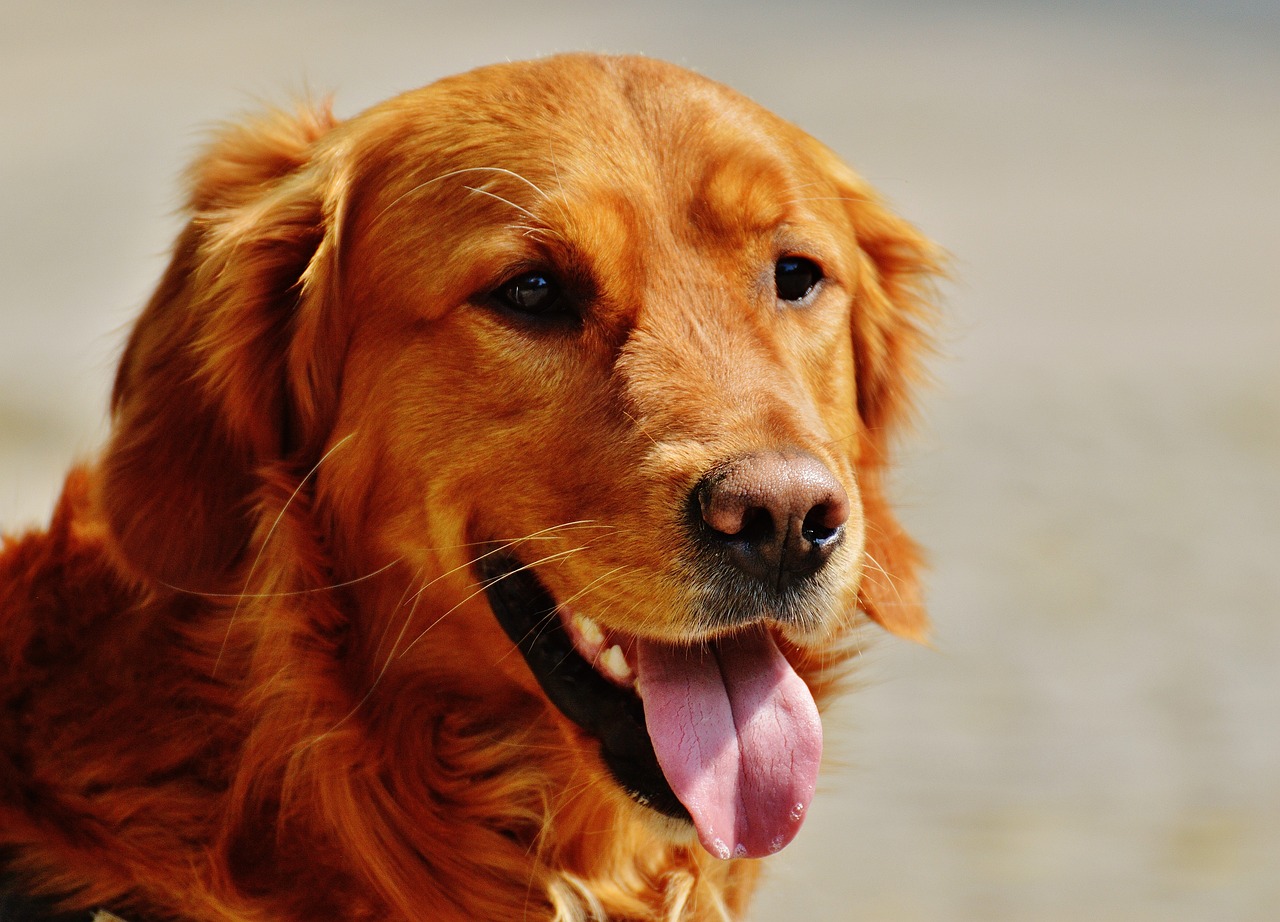
12. Whippet
Whippets are gentle and affectionate dogs that exhibit a surprising level of emotional sensitivity. Originally bred for racing, they are surprisingly calm and sensitive in a home environment. Whippets are particularly attuned to the mood and tension levels within their home and can become visibly upset or withdrawn during times of stress or conflict. Their need for a peaceful environment makes them suitable for homes that can offer stability and calm. Whippets do not respond well to harsh treatment or loud environments; instead, they thrive in gentle, loving homes where their emotional needs are understood and respected.
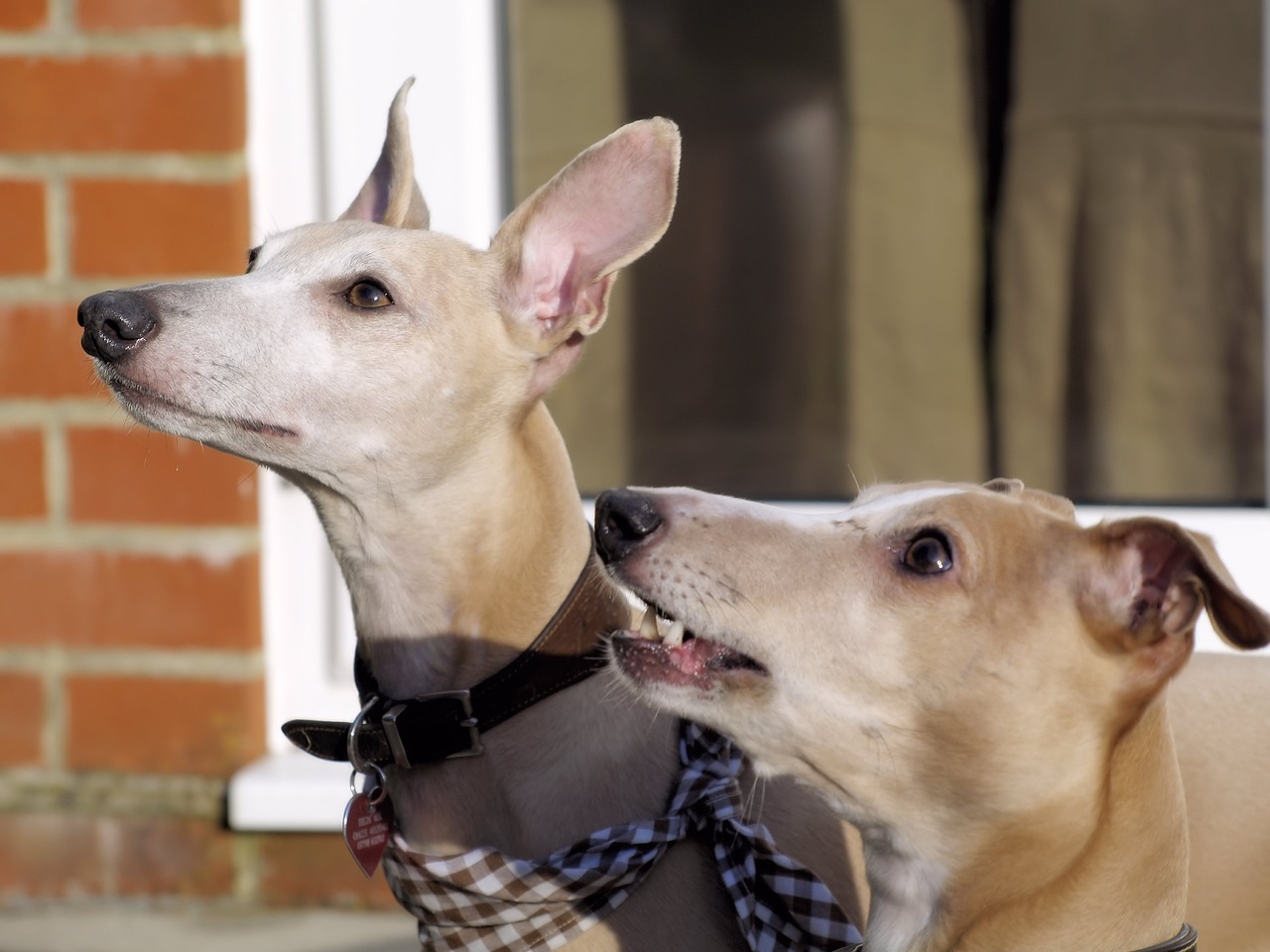
13. Cocker Spaniel
Cocker Spaniels are known for their sweet, gentle natures, and are particularly sensitive to the emotional atmosphere of their surroundings. This breed has a deep need for affection and can become anxious or depressed if they feel neglected. Cocker Spaniels are responsive to their owner’s emotions and will often try to provide comfort when they sense sadness or distress. Their sensitivity requires that they be treated with kindness and patience, and they do best in environments where they can be closely involved with their family. Regular, gentle interaction helps to keep them emotionally stable and happy.
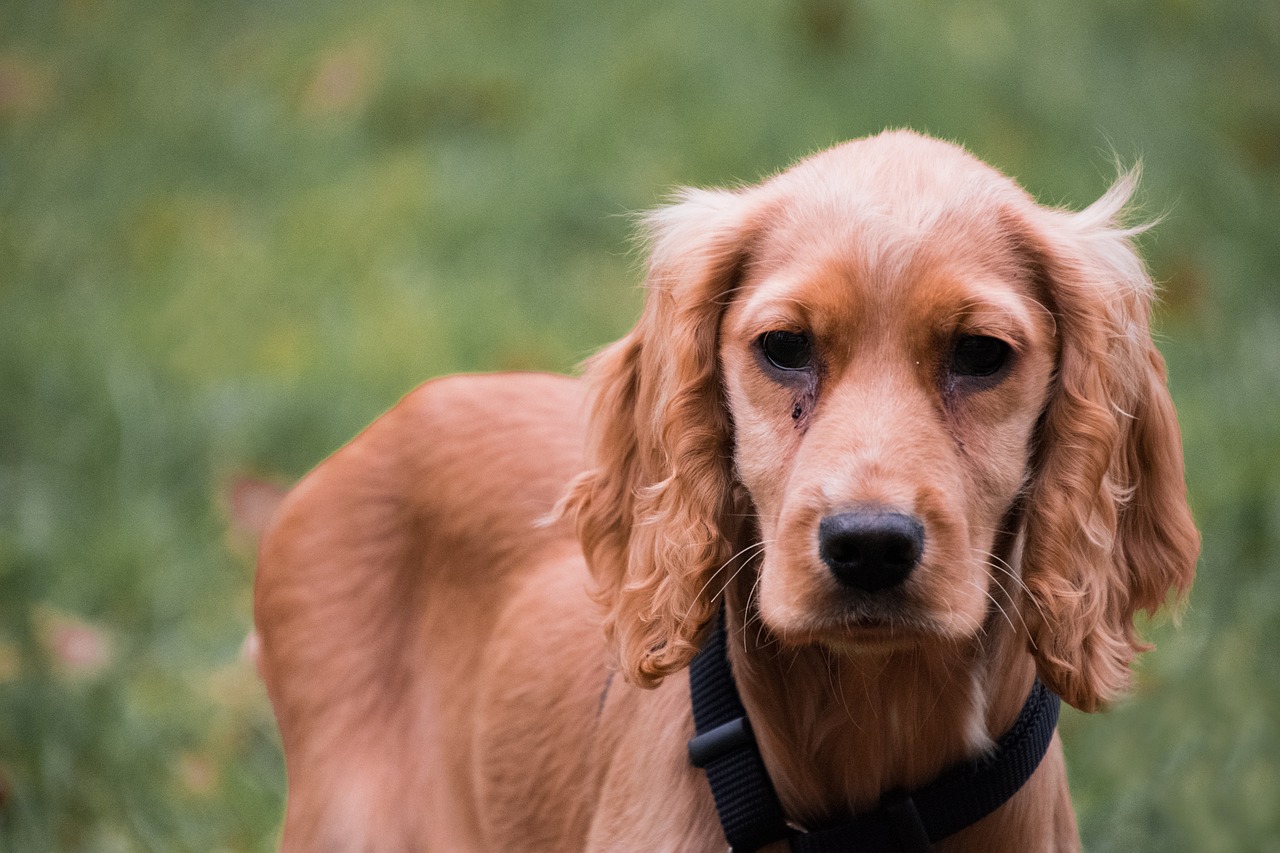
14. Yorkshire Terrier
Yorkshire Terriers, though small in size, have a big emotional presence. They are extremely sensitive to the emotions of their owners and can become anxious if there is tension or unhappiness in the household. Yorkies are known for their devotion and will often become very attached to their family members, displaying distress when separated from them. Their sensitivity makes them excellent companions for those who can spend a lot of time with them and provide a stable, loving environment. Yorkshire Terriers need consistent, gentle handling to feel secure and loved.
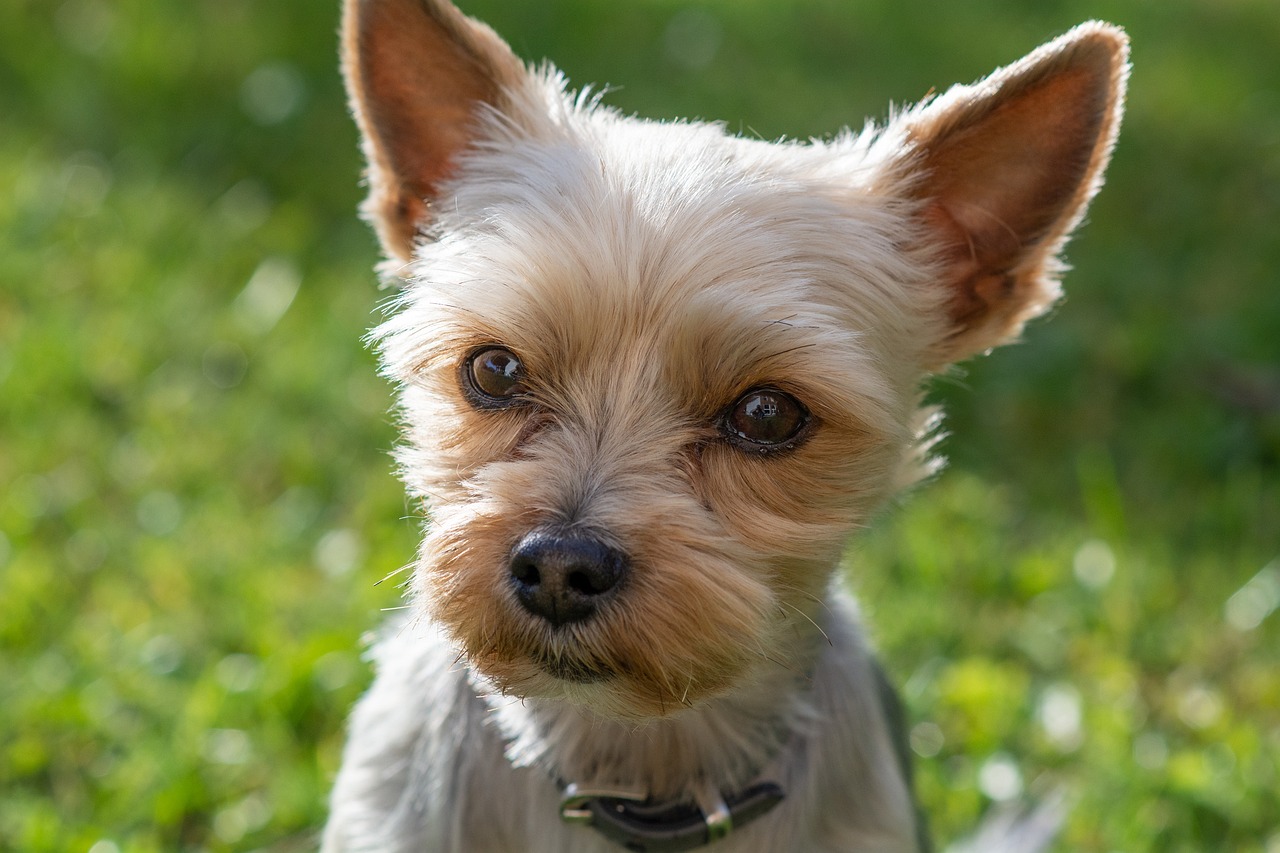
15. Doberman Pinscher
Doberman Pinschers, often perceived as fierce, are actually highly sensitive and responsive to the emotional cues of their owners. Known for their loyalty, Dobermans form deep emotional attachments with their families and are keenly attuned to their moods and feelings. This breed’s sensitivity is coupled with an impressive intelligence, making them excellent at perceiving and reacting to their owner’s needs. Dobermans thrive in environments where they are part of the family and can engage in regular, meaningful interactions. They require understanding and respect for their emotional depth, which is often overlooked due to their intimidating appearance.
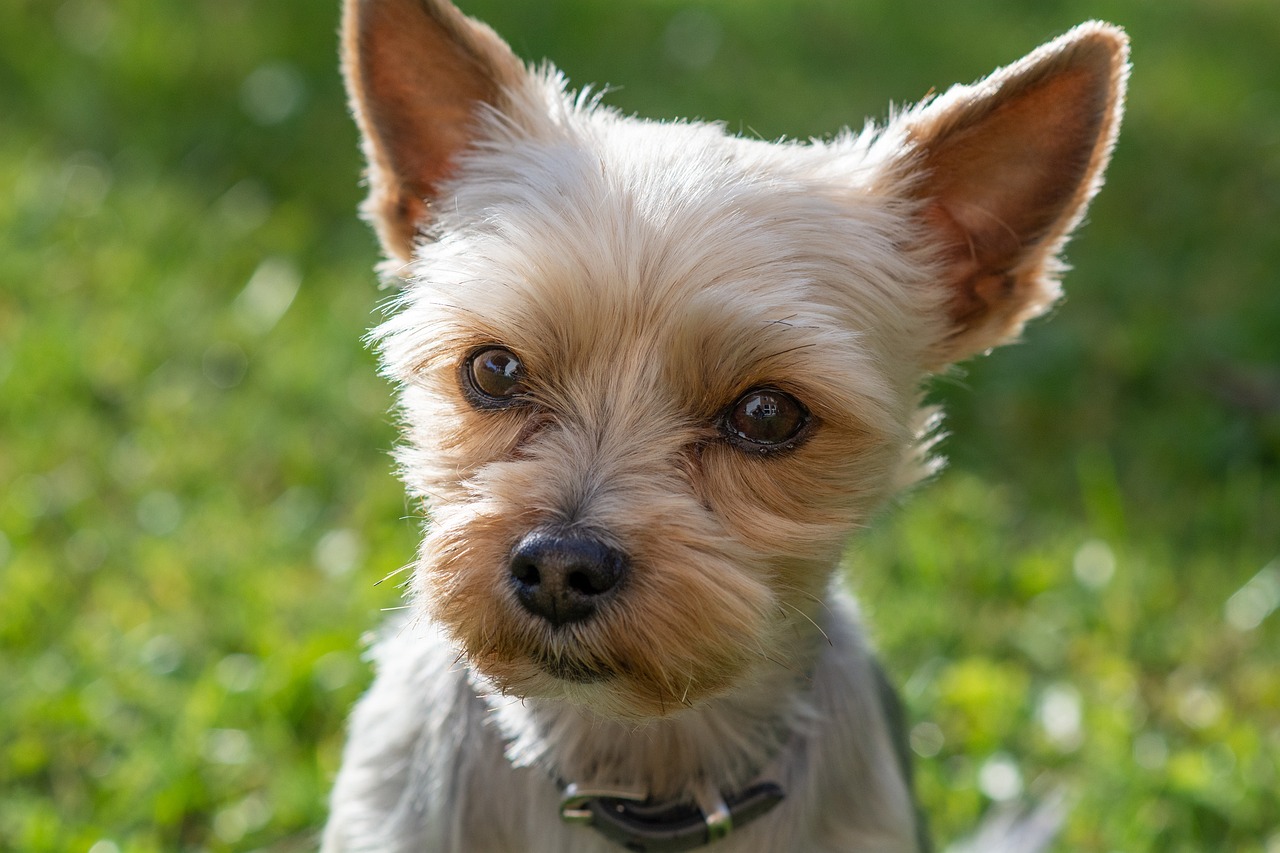
The sensitivity of these dog breeds highlights the diverse emotional capabilities of dogs. Each breed, with its unique characteristics, requires a specific kind of care, understanding, and environment to thrive. Owning one of these sensitive breeds means committing to understanding and nurturing their emotional as well as physical health. The rewards, however, are immense, as these dogs offer deep companionship, empathy, and joy to their families. This list serves as a guide for potential dog owners to appreciate and consider the emotional needs of these sensitive breeds when choosing a furry companion.

